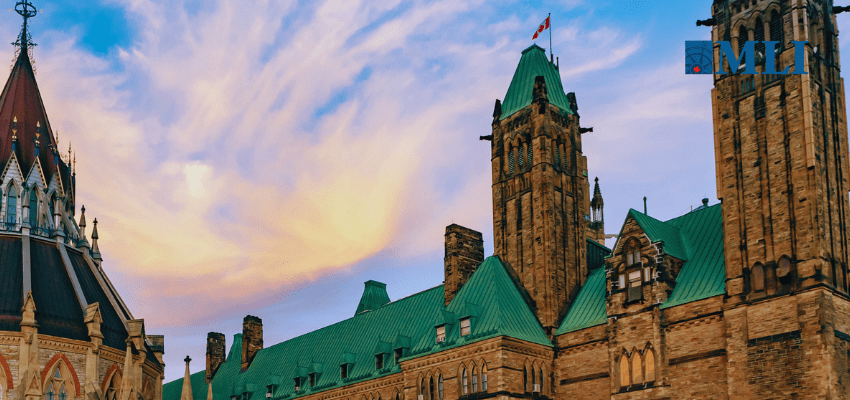This article originally appeared in the Hub. Below is an excerpt from the article.
By Fen Osler Hampson and Tim Sargent, August 2, 2024
There is no question that the federal public service has become too big, bloated, and unaffordable. Rightsizing government should be a critical priority for this and any future government. Given the significant reductions required to put the federal public service on the right path, and the disruption this can create, governments will need to carefully consider the best way to address this challenge. There is a right and wrong way to go about it.
First, the facts. Rapid public service growth under the Trudeau government has accompanied a massive increase in overall government spending. In Fiscal Year 2015-16, which covers the last year of the Harper government, federal government spending was 13 percent of GDP. In FY 2022-23, the most recent year for which data is available, government spending had risen to 15.6 percent of GDP.
This has resulted in a fundamental imbalance in the government’s books, with a structural deficit of 1.4 percent of GDP, because spending has outpaced revenues.
One of the main drivers of program spending is public service growth.
At the beginning of 2016, there were 259,000 federal public servants. By 2023, there were 357,000—a whopping 38 percent increase.
In comparison, employment in the overall economy grew by only 13 percent from 2016 to 2023. As a result, growth in federal public service has been three times faster than the general workforce over this period.
The situation is simply unsustainable. Why?
Critics rightly contend that the costs of such growth are unsustainable and that constant full-time equivalent increases mean that the public service is not seeking to be efficient or recruiting the right talent. But there is another important reason that we should be concerned about such significant growth in the public service.
The federal government’s use of labour and capital removes resources from the private sector and stifles productivity. With the exception of recessionary periods, bigger government makes hiring workers and investing harder for the private sector. When unemployment is as low as it is now, the federal government should be leaving space for the private sector to do its thing. Now is the time that the federal government should be running a surplus to reduce the federal debt (now 69.7 percent of GDP).
So, what is the best way to trim the fat while ensuring Canadians are effectively served by their government?
Let’s start with the wrong way. As many economists have pointed out, raising taxes won’t solve the problem and will only stifle innovation and growth.
Further, mandating across-the-board cuts for all federal departments and agencies, which would force massive layoffs of workers and stoke labour unrest, is the wrong approach and political suicide for any politician whose constituents are federal workers. This kind of an approach may also lead to less-than-optimal outcomes in terms of ensuring the right services and programs are maintained across government.
The right way is a multi-faceted approach that encourages worker-initiated, as opposed to government-initiated, separations through a fair and humane process and ensures robust analysis of government services and programming across the board to understand what can go and what must stay.
There are several options that can be considered in developing the right approach, some better than others.






